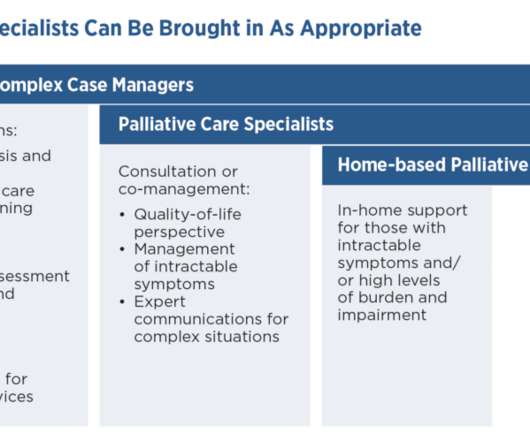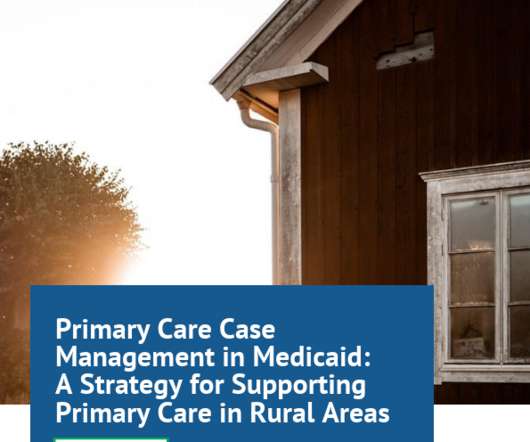More Evidence of Self-Rationing as Patients Morph into Healthcare Payors
Health Populi
NOVEMBER 19, 2019
Costs for medical care services (hospitals, ambulatory care, doctors, dentists, vision) bundled together grew 5.1% Health care costs are now integrated into national and state politics in America. Today, health care as a political priority cuts across all generations beyond older Americans, beyond Medicare.












Let's personalize your content